S-50
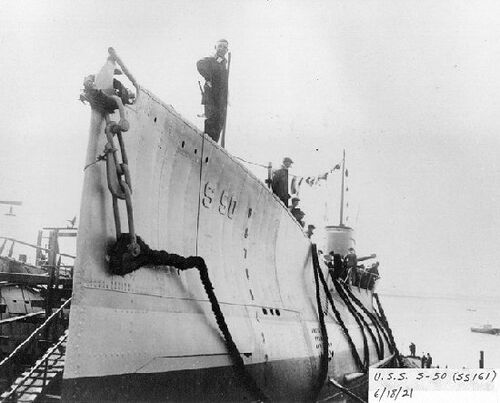
USN photo in the private collection of Ric Hedman.
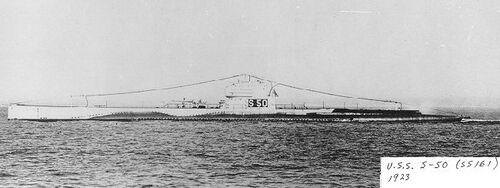
USN photo in the private collection of Ric Hedman.
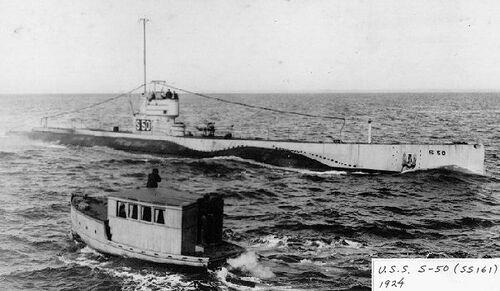
USN photo in the private collection of Ric Hedman.
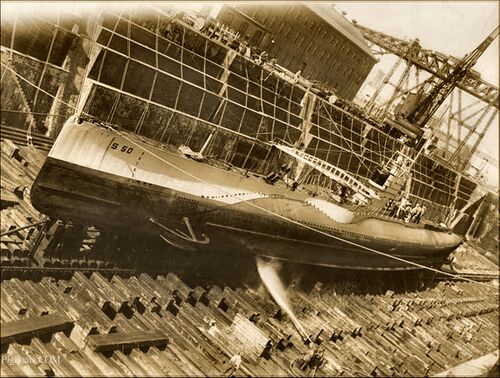
A fine shot of S-50 in drydock at what is likely the Brooklyn Navy Yard, late 1924 or early 1925. Earlier in 1924 she had suffered a serious battery fire that required several months of repair and refitting at Portsmouth and Groton, with follow up work and a hull cleaning done at Brooklyn. A high pressure water hose is being used to do an initial cleaning of the hull, preparatory to a thorough scraping to remove marine growth. The guards over her permanently rigged out below-water bow planes can be clearly seen here.
Photo in the private collection of Ric Hedman.
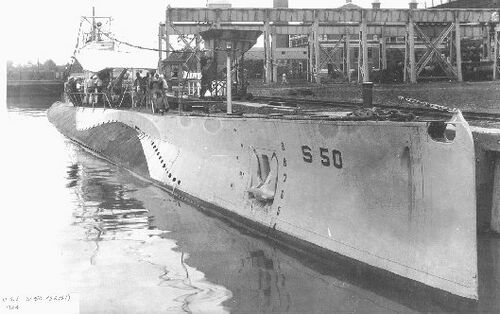
USN photo in the private collection of Ric Hedman.
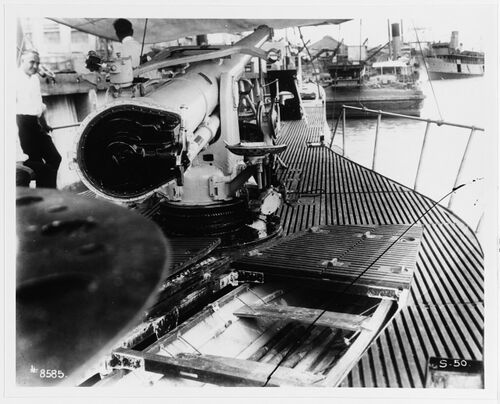
Photo NH 42835 courtesy of the NHHC.
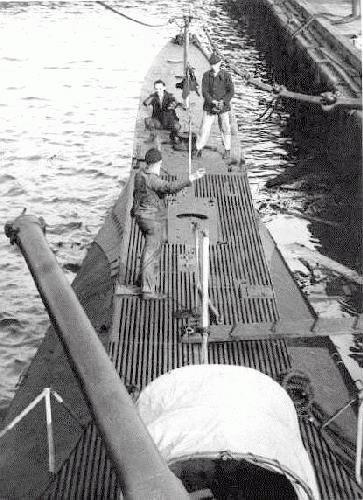
Photo in the private collection of Ric Hedman.
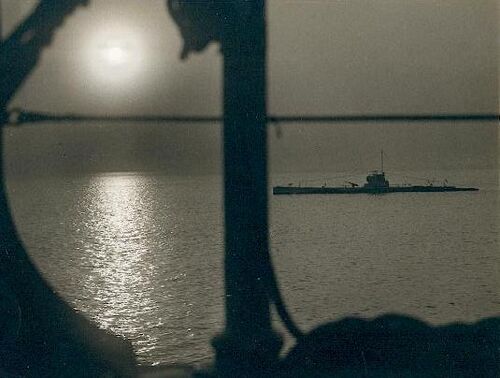
International Newsreel photo from the book On The Bottom, by Edward Ellsberg, 1929.
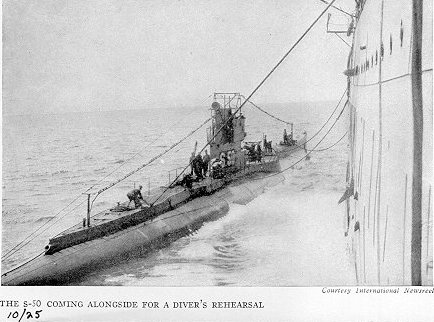
International Newsreel photo from the book On The Bottom, by Edward Ellsberg, 1929.
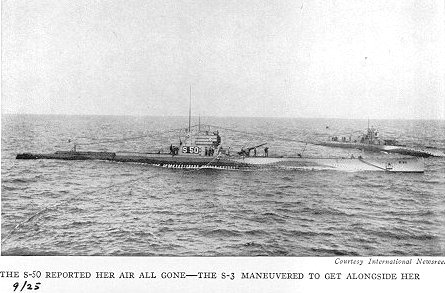
International Newsreel photo from the book On The Bottom, by Edward Ellsberg, 1929.
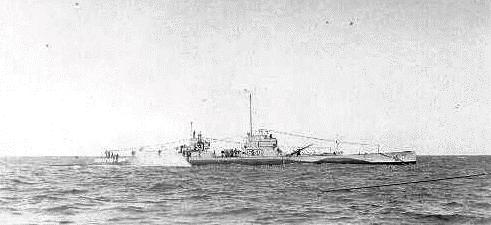
Photo in the private collection of Ric Hedman.
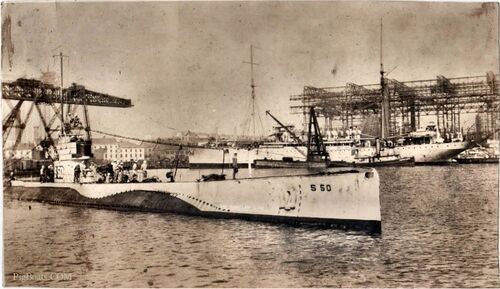
S-50 entering port at what is likely the Brooklyn Navy Yard, during or just after her participation in the S-51 salvage operation, August, 1926. Line handlers are on deck, with several men holding heaving lines in their hands, ready to throw to the pier. These small lines are then used to haul over the heavy mooring lines.
The ship in the background with the white hull is the stores ship USS Bridge (AF-1). The Bridge was a frequent participant in both Atlantic and Pacific Fleet exercises as part of the supply train. The Bridge was not configured for underway replenishment, as that technology was still in its infancy in the mid 1920's. Instead, she would meet up with the fleet while in forward ports and transfer supplies there. Bridge did not generally carry fuel or ammunition, specializing in food and general stores like spare parts.
Photo in the private collection of Ric Hedman.
Page created by:
Ric Hedman & David Johnston
1999 - 2023 - PigBoats.COM©
Mountlake Terrace, WA, Norfolk, VA
webmaster at pigboats dot com
